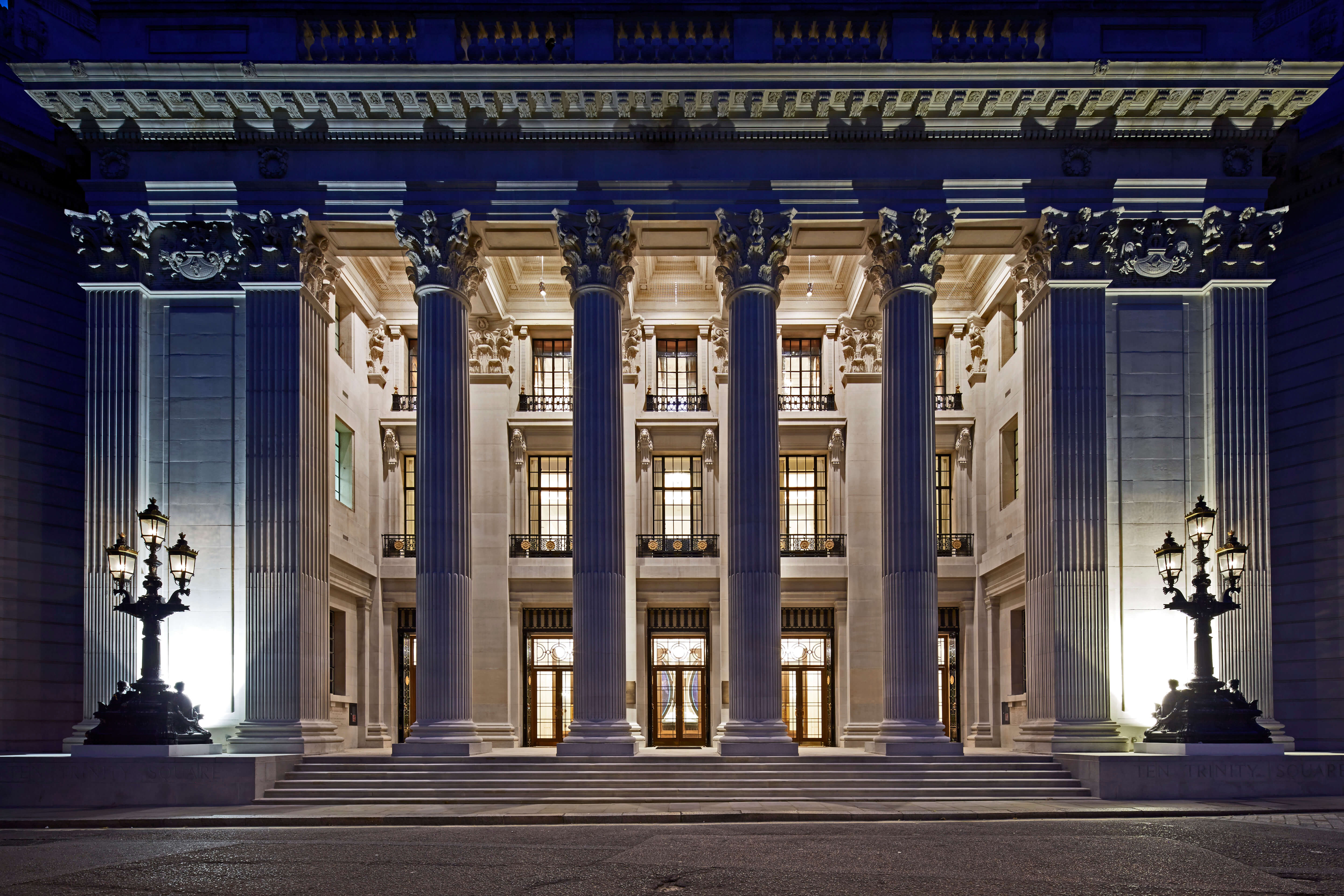
The colonnaded entrance to Ten Trinity Square
By Darius Sanai, Editor in Chief
Your Rolls-Royce breezes past the Tower of London, in the shadow of the Shard, the Cheesegrater and the Walkie-Talkie, London’s newest icon buildings, and drops you at a set of stone steps leading to a grand Edwardian entranceway, past four 10 metre tall Greek-style columns. Up a couple of floors, past a restaurant run by three-Michelin-star chef Anne-Sophie Pic and the reception area of the Four Seasons Hotel in the building, you are ushered through another set of thick wooden doors. Then, down a grand corridor with exquisite marquetry, and, voila, you have arrived in the Chateau Latour Discovery Room (the world’s only such space), just in time for a contemplative glass with two of the most powerful people in finance and the arts.
That is the vision of Songhua Ni, President of Reignwood Investments UK, and his boss Dr. Chanchai Ruayrungruang, Chairman of parent company Reignwood Group, one of China’s leading international investment groups. Reignwood is the owner of Ten Trinity Square, the landmark, former HQ of the Port of London Authority, in the City of London. In stages this year, after more than five years of planning and rebuilding, Reignwood will open the Four Seasons Hotel London at Ten Trinity Square, the Anne-Sophie Pic restaurant – La Dame de Pic, 41 private residences, and Ten Trinity Square Private Club, the ultra-exclusive heart of it all, which has been developed by Reignwood, Four Seasons and Chateau Latour.
As if opening the first luxury hotel in the City of London weren’t enough, Reignwood, which owns luxury real estate in Hawaii, Wentworth, and a stake in Voss water, among many other assets, has a bigger, bolder, and longer-term strategic aim. LUX Editor-in-Chief sat down with Songhua Ni in the Latour Room, to find out more.
LUX: This is going to be a magnificent club when it opens. What gave Reignwood the idea and why do it?
Songhua Ni: Dr Chanchai was just amazed by the prestige and the heavyweight and the culture behind Ten Trinity Square. And considering the history, the culture, the location, our first thought was to make this club a kind of world forum. A forum like the World Economic Forum in Davos – that’s the only thing we can do, to do justice to this building. Especially because this building has played a very important role in the history of Great Britain. And also a very important role in the glory times of Great Britain. We thought it would be a great idea, to promote culture and economic changes amongst different cultures. We think this is the right place to create a forum to promote multi-cultural exchange and understanding.
Read next: Anita Zabludowicz on the true value of art
London is playing a more and more important role in the global marketplace with the rise of Asian powers. And the emphasis is moving slowly from New York to London. London is the best location to connect Asia and the US. And London is a very inclusive city. So we thought it would be good to create a club here. But the club itself needs to show the right level of quality and respect of history. And be inclusive for all different people and cultures. This place also needs to show the vision of Reignwood, to be a responsible investor. There is a lot of short-term investment. What Reignwood is trying to do is create a long term commitment. And to try to promote responsible capitalism. We thought it was very important when Chinese people and Chinese companies come here, they should be doing the same thing. In China, there is a feeling that after the fast growth of the last 30 years, we should encourage Chinese companies to be more long-term thinking. And to be able to have the right mindset to create a real brand.
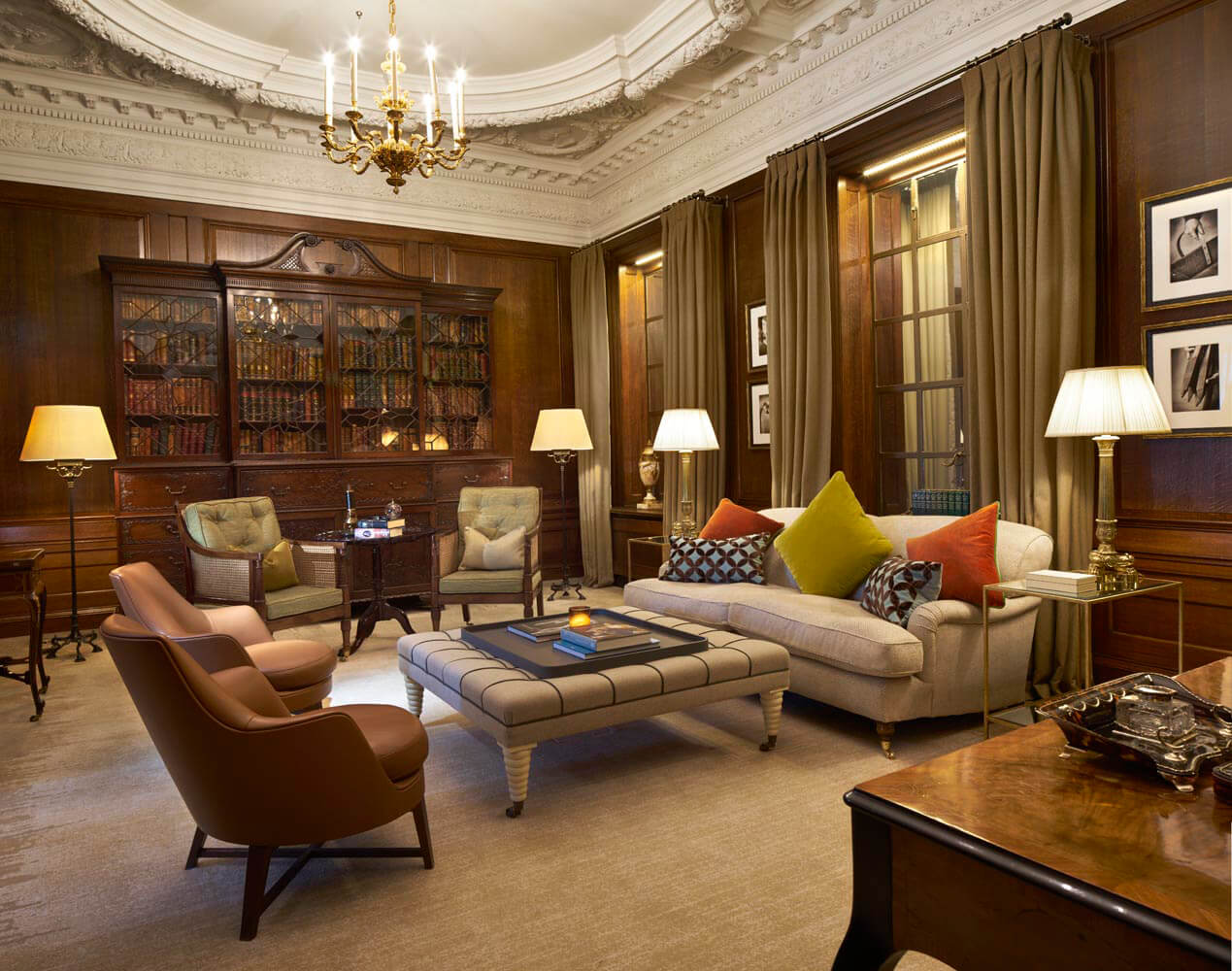
Inside the member’s club at Ten Trinity Square
LUX: And how important is the Reignwood brand in what you’re doing? How hard is it in terms of facing people who will be members – will they be aware that this is a Reignwood development?
SN: Not necessarily. Reignwood is more of a stand-behind. We own different brands. We let the brands run in the front. So every brand has its own DNA, its own management, its own culture. This is actually something we learnt from Mr Pinault [owner of Kering, which in turn owns Gucci, Bottega Veneta, Yves St Laurent and numerous other brands; and Christies, and Chateau Latour, inter alia]. He has so many brands running in the front and I think Reignwood in the future will be adopting the same strategy. We will encourage the improvement of the brand and give new life to them. For example, Voss water and Vita Coco are great brands but the long term vision for both of them is to be able to support health and wellness more broadly as well as social responsibility – which we intend to support them with.
LUX: From what you are saying this is a very long-term and quite philosophical exercise, almost creating something that didn’t exist before in terms of bringing cultures together at the very top level.
SN: I think there is a strong desire from people to see this happen. I think there is a strong consensus among top business leaders in the next decade. The important thing is to bridge East and West. To bridge the gap between Asia, China with the US and Europe. So that people from different continents can understand each other. So that bridge will create more economic growth potential. That’s why our family members are all agreeing to this. For instance Stephen [Schwarzman, Chairman and CEO of Blackstone] is very supportive. He said it’s a great idea to deliver something like this. So many people want this platform to be able to know and understand more.
European countries are looking for growth in Asia but I think most of them don’t understand Asian or Chinese culture. And Chinese companies are coming to London and looking for quality in brands but they really don’t understand here yet either. So when you combine this, that is the way to move the economy forward. Martin Gilbert [CEO of Aberdeen Asset Management], he also agrees with us as does Gerry [Grimstone, CEO] from Standard Life. These are some of our founding members, as is the Chinese Ambassador to the UK.
LUX: So far everything you have said has been about the very high ideals of what this is going to achieve. You haven’t mentioned commercial success. Is that not the number one priority?
SN: In commercial matters, value is created in different ways. Look at WEF in Davos, when they first started that nobody thought it was going to be a successful commercial effort. But now it is extremely successful.
Read next: Amsterdam’s best kept culinary secrets
LUX: Is it a challenge that global business has today, that people do not understand each others’ cultures?
SN: I think it is a big problem. And in the current world it is more important than ever because of social media. Social media has made the world so information efficient, in one minute everyone can know everything about things. And that can easily create misunderstandings. People see the information, and make their judgements very fast; they don’t have time to digest.
We need this type of club, this type of forum, to invite high level thinkers from China. And from here, high level thinkers from the City of London and the British Government, for example.
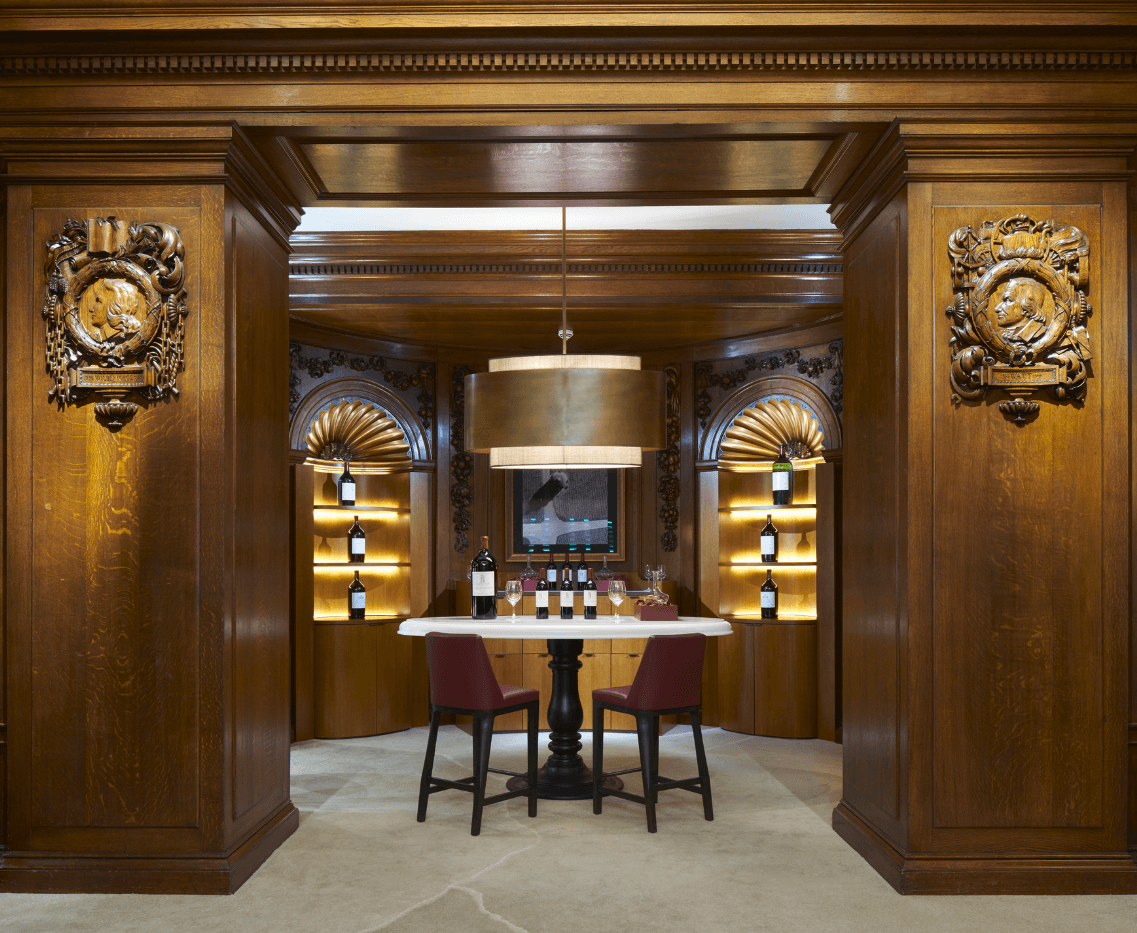
The Chateau Latour Discovery Room
LUX: Reignwood is a very interesting example of a Chinese company that has very interesting holdings around the world. The big question in industry, the luxury industry, is when will there be a Chinese luxury group and a Chinese luxury brand (two different things of course)?
SN: Actually, before the Opium war in 1840 there were huge Chinese brands. We had all of the family businesses, great brands, great quality. For example, China silk, China teaware. A lot of Chinese things were so good and the quality at that time was a lot better than here. But after that there were a lot of wars. The Opium War, The First World War, The Second World War and the Sino War [the civil war and Communist revolution]. So all of these wars destroyed Chinese business. And now in new China we have only been about since 1949, its only about 70 years old. Seventy years is too short a period to have a brand. In the last 30 years China grew, its economic growth is so high, high speed, low quality. The next run of China economic growth will be driven by consumption, rather than investment. So for consumption, people who really own brands will be leading and have a competitive edge in the next decade. Chinese people are turning more and more attention to brands. For brands you either have to create it by yourself, or you need to buy. That is one of the philosophies that drives Reignwood. That is why we acquired Voss water, why we bought Vita Coco, why we bought Wentworth. Not many Chinese companies have this.
Read next: Fawaz Gruosi on luxury’s need for experimentation
LUX: Anything else that Reignwood is planning?
SN: Reignwood has a quite clear strategy; Reignwood is about global expansion and it is now quite confident. We are going to become a real global company rather than just a Chinese company. We are going to have our Voss water product which we are selling in 60 different countries. And for Vita Coco, 50 countries. Through this promotion of cultural exchanges, we are going to raise Reignwood into a global power rather than a Chinese company. I don’t think there is a real global company in China yet and our focus is two lines of business. One is our fast moving consumer products [FMCG] business and the other is leisure, sports and wellness. So these two lines will be acquiring good companies, good brands and make them combine and play together with Chinese resources and on the Chinese market.
Ten Trinity Square Private Club opens in the second quarter of 2017. For further information visit:
www.club.tentrinitysquare.com
www.tentrinitysquare.com
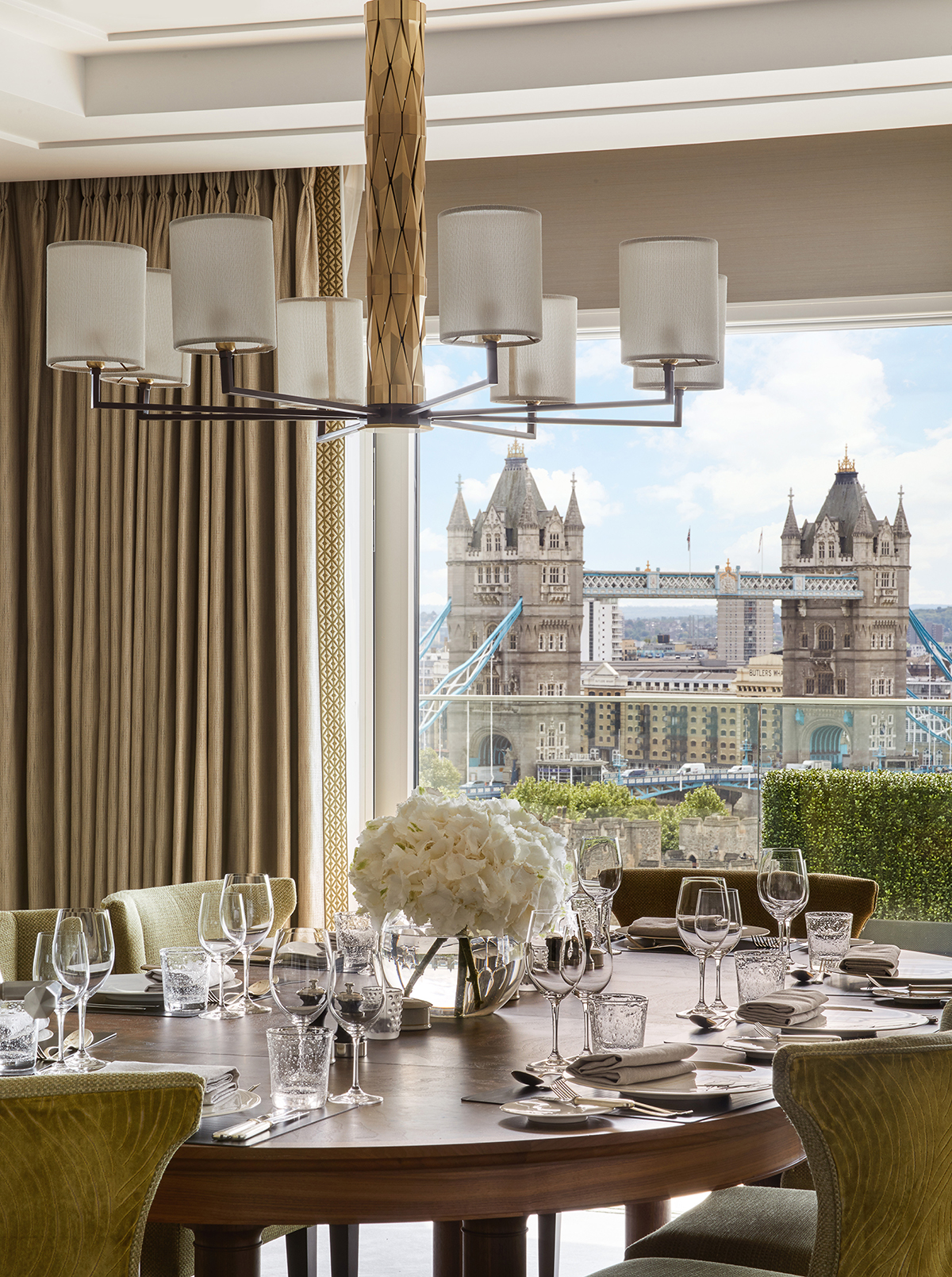
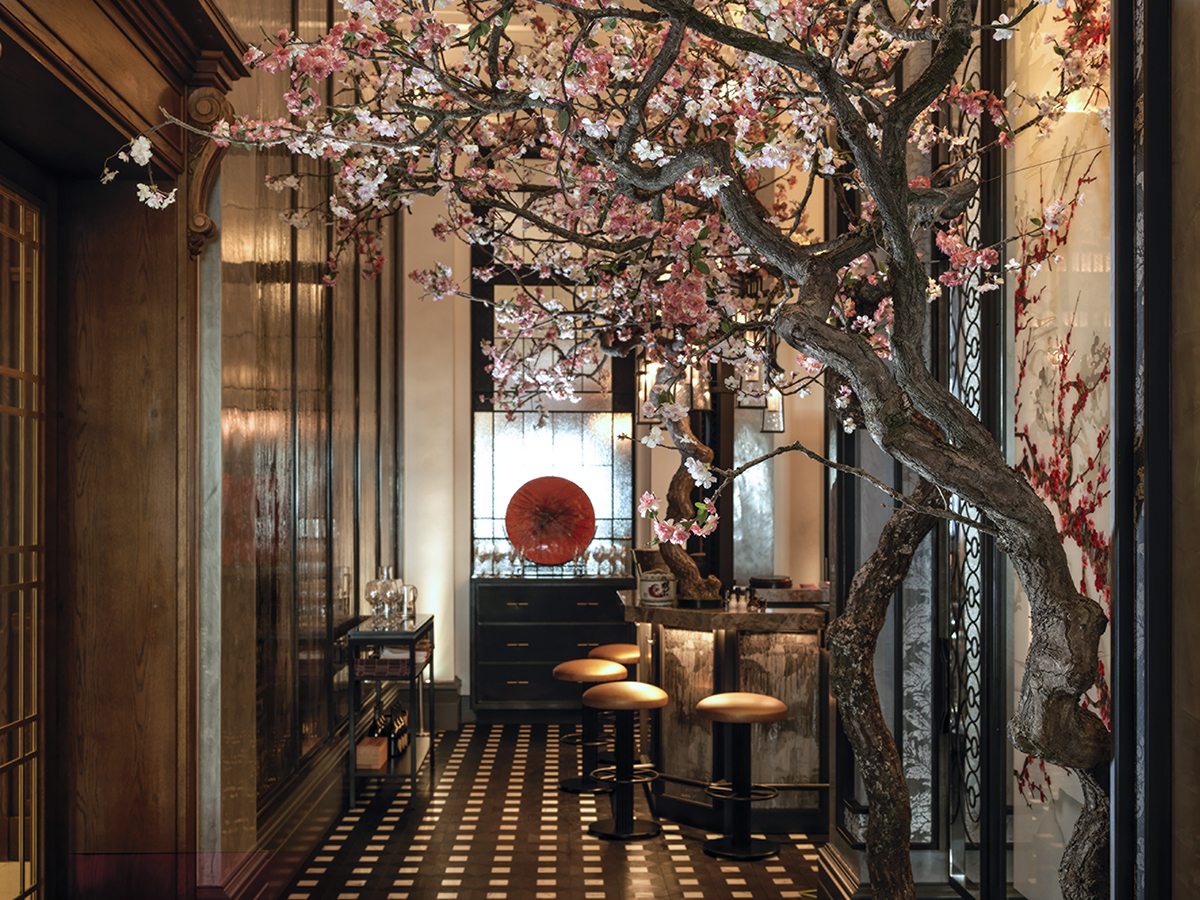
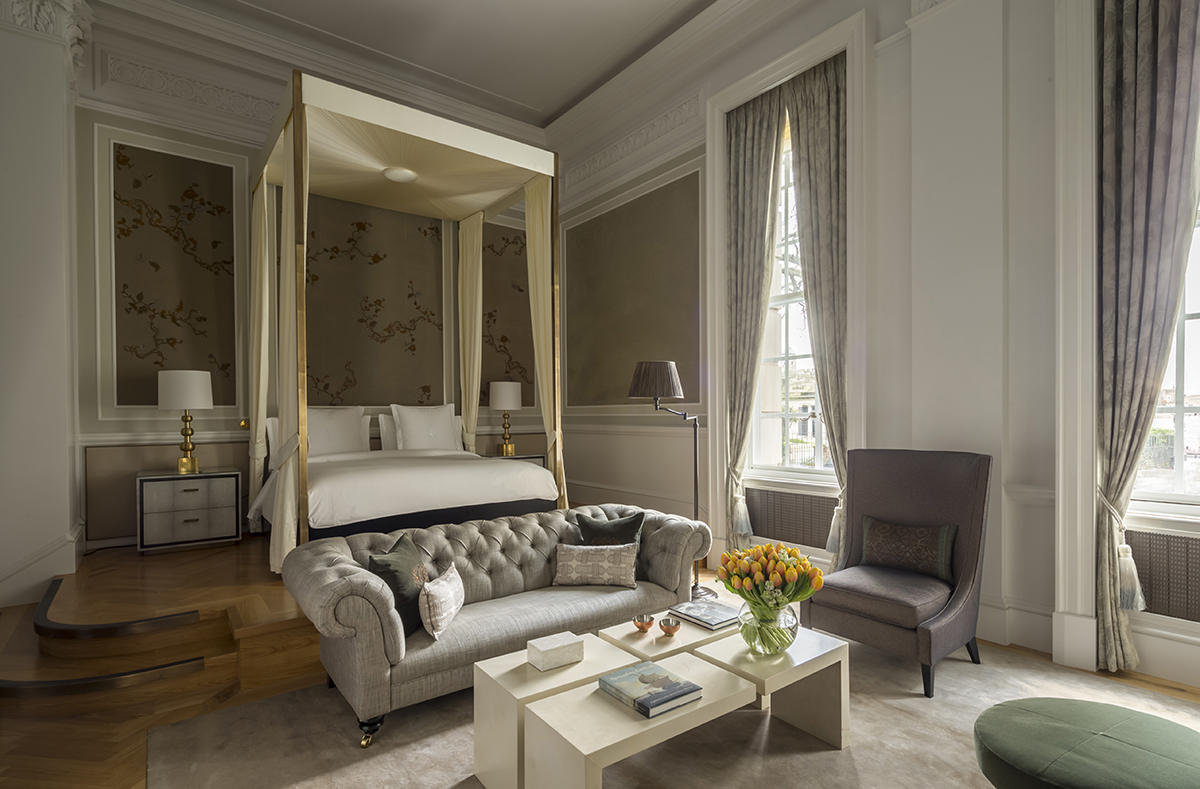
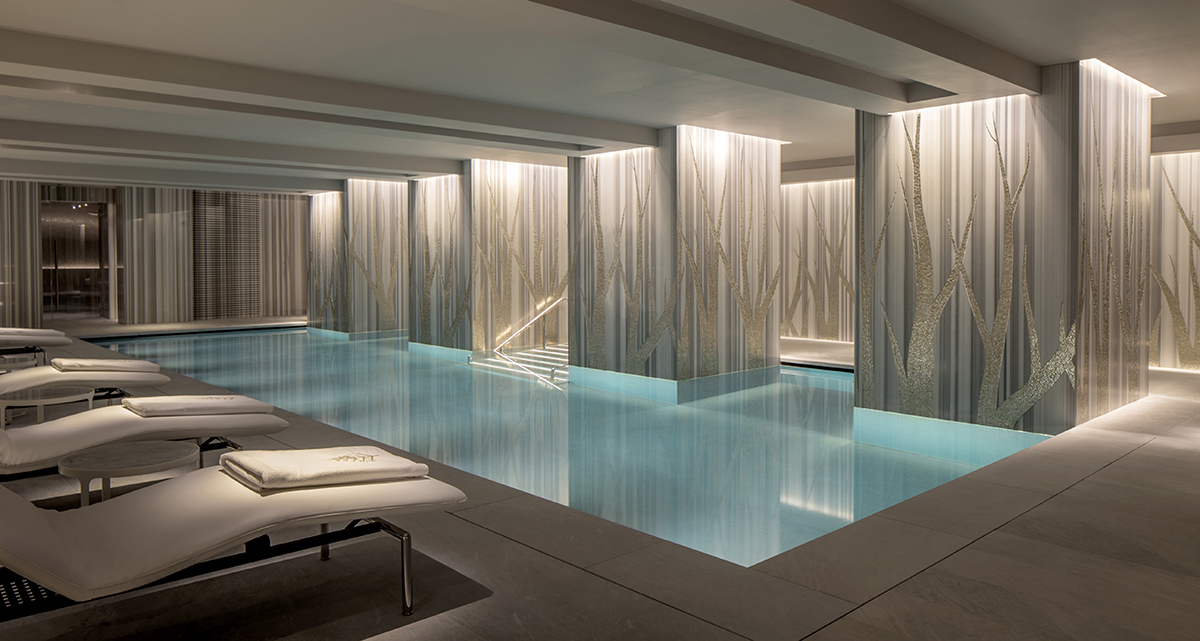

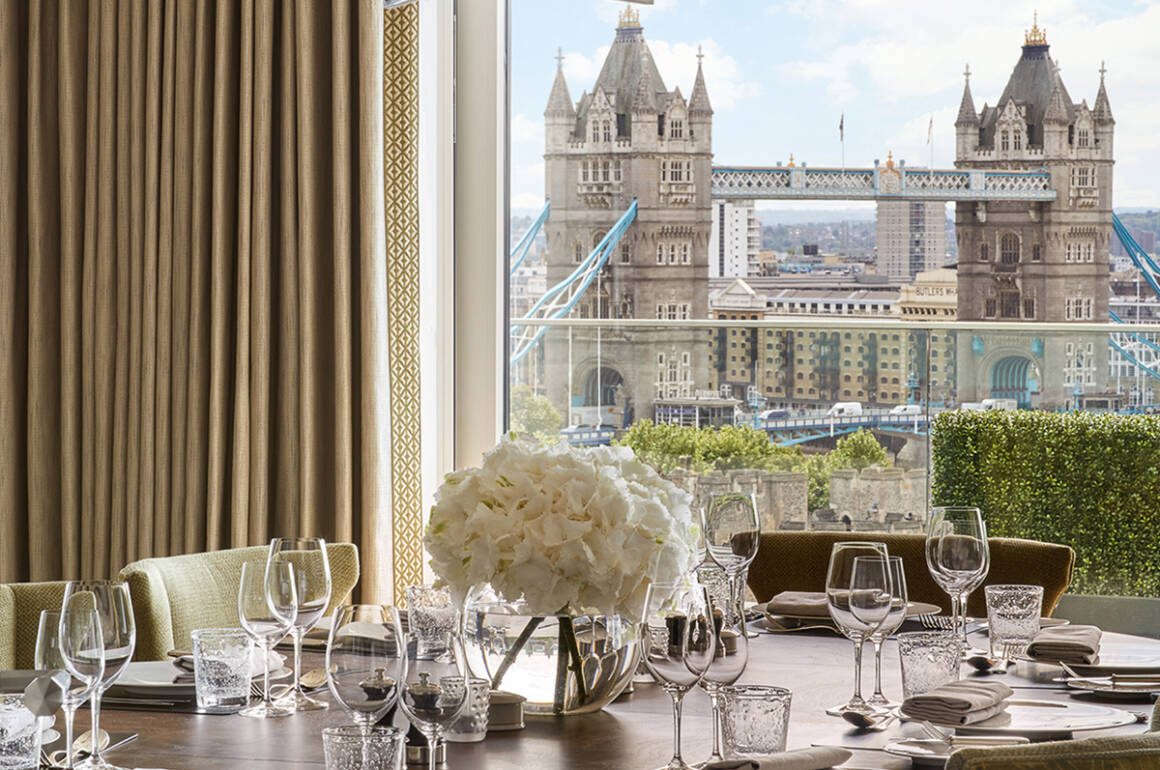
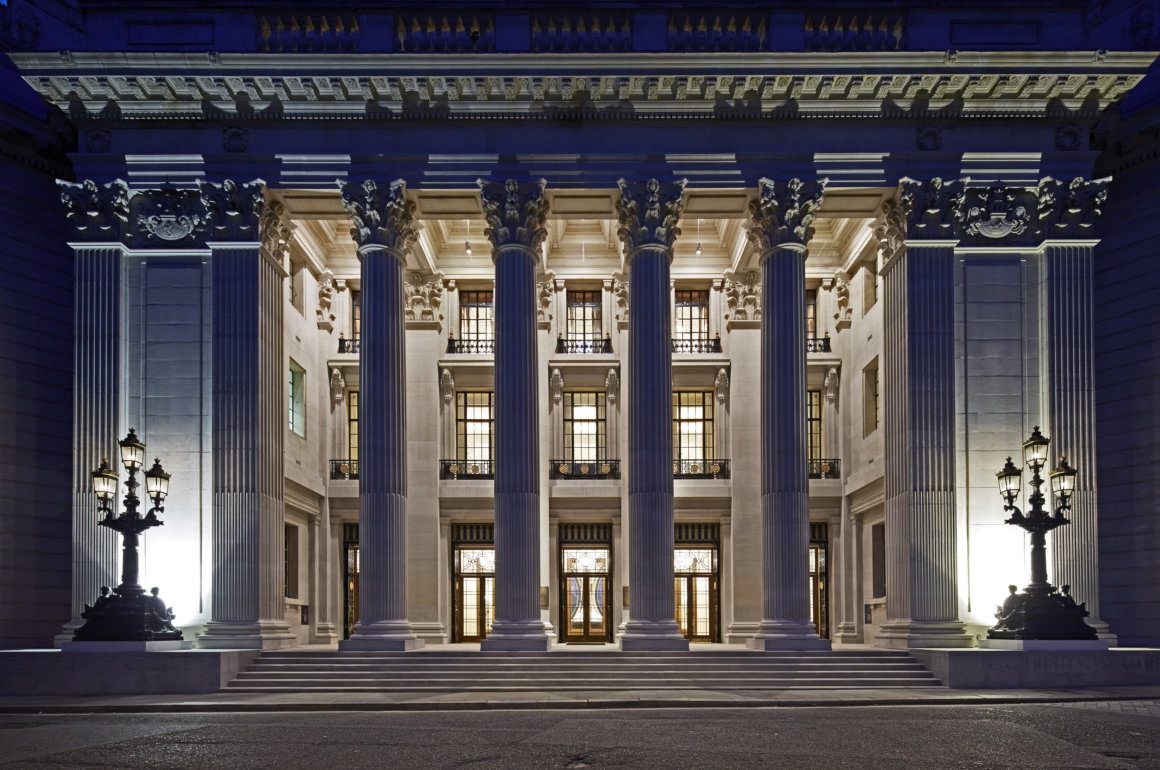








Recent Comments